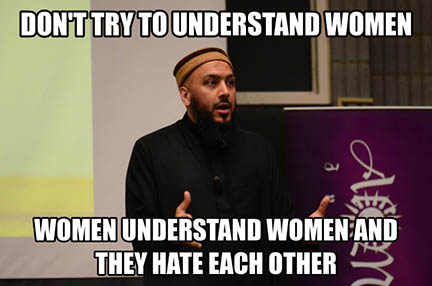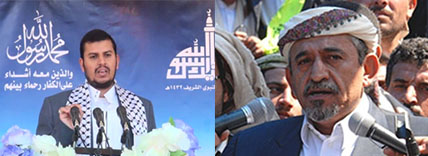
“Don’t debate religion with fundamentalists: what they need is rehabilitation”
by Saad A Sowayan
Fundamentalism is a cultural phenomenon, though it dons religious garbs. It is a mode of consciousness shaped by cultural values, not religious principles. Thus we can understand it only if we examine it in its cultural context as a sociological rather than a theological question.
So, I will begin by taking a close look at the social incubators most likely to hatch fundamentalism.
I understand by fundamentalism strong adherence to an archetypal point of view and a fierce conviction of its fundamental truth, to the exclusion of any other alternate idea. Any alternative is resisted by a fundamentalist and treated not as a legitimate substitute stemming from a rational free choice, but as a detrimental antithesis of the fundamental truth of the archetype. The archetype is a model to be emulated and reproduced, not dissected or scrutinized. Continue reading Tabsir Redux: Don’t debate, rehabilitate







